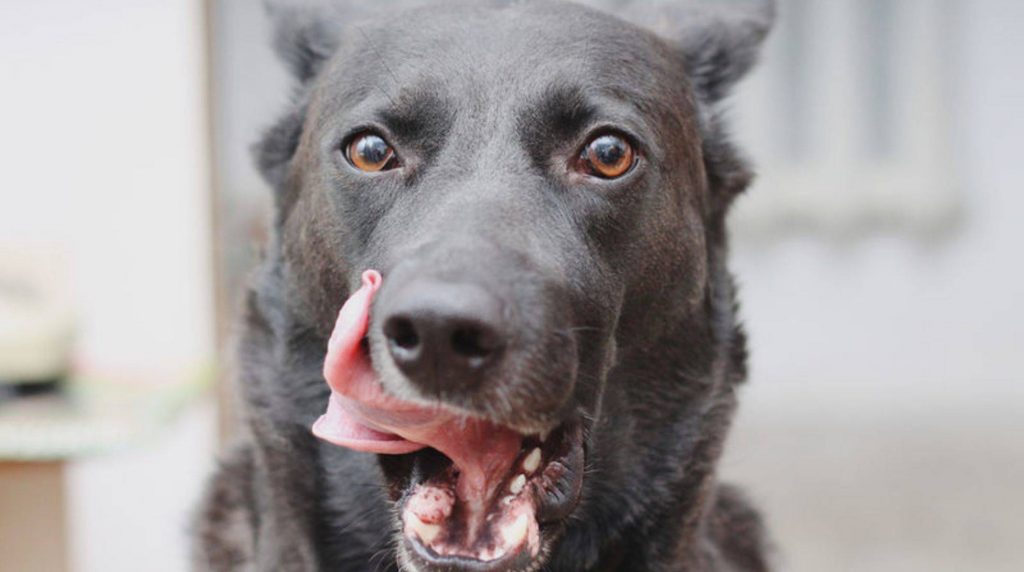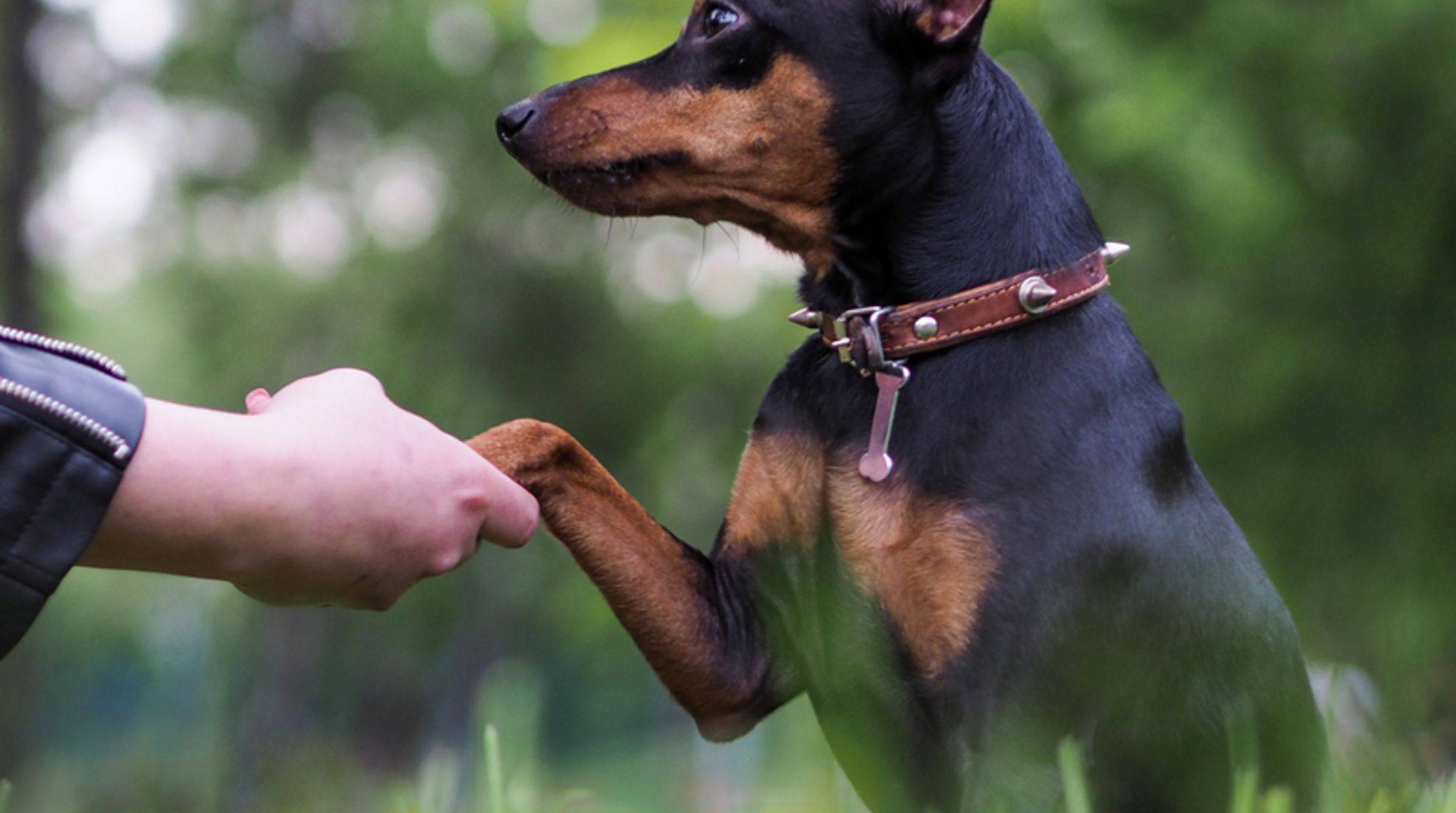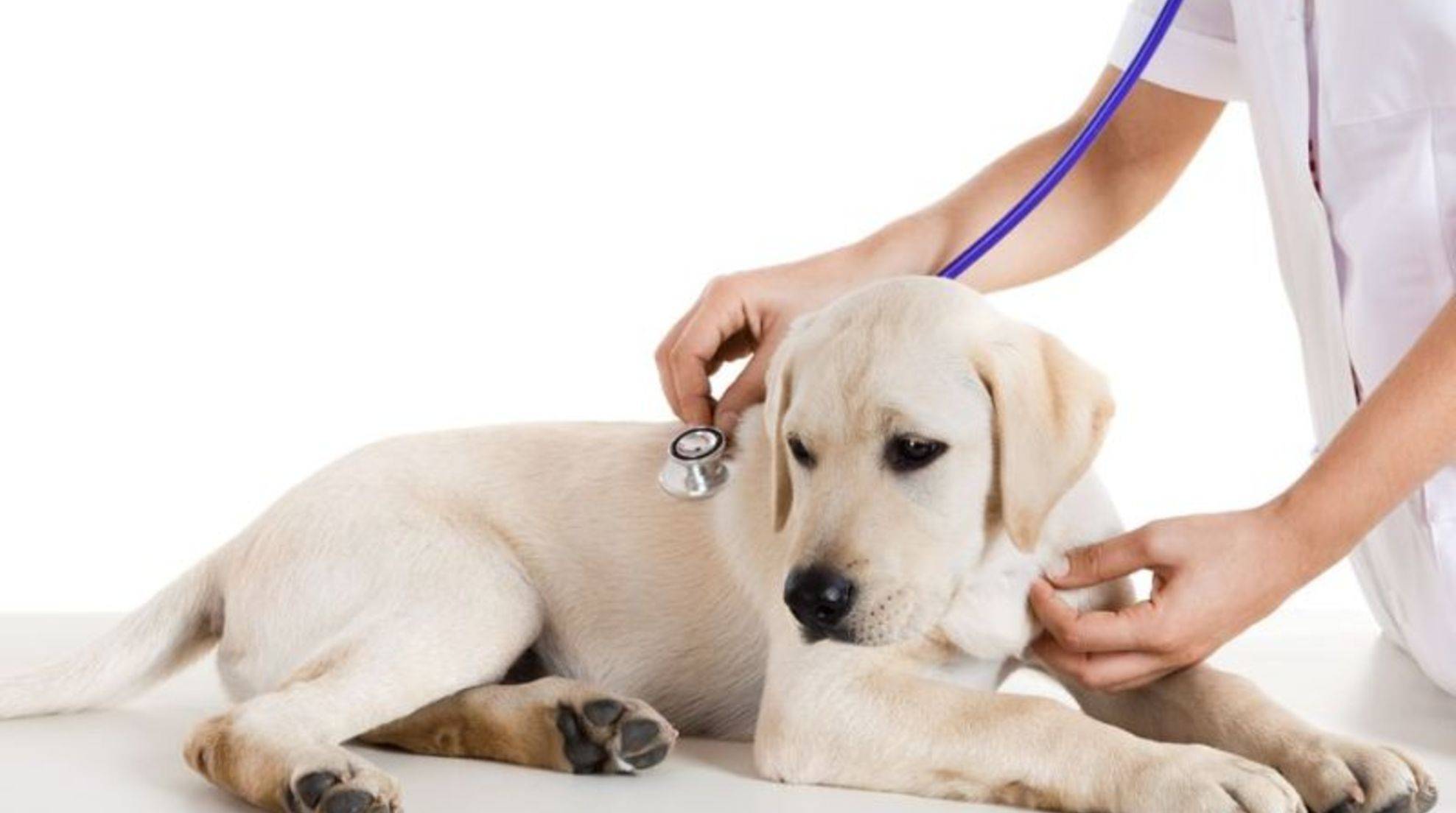Are dogs allowed to eat honey? Or is that dangerous?
Sweet and sticky, but also healthy? Opinions differ when it comes to honey and the healing effects it is said to have. For adult humans, the consumption or use of honey is usually not dangerous. But what about your four-legged friend? Are dogs allowed to eat honey? Or is it unhealthy for them?
Not all foods that are good for humans are good for your dog – but honey is. As long as your dog is fully grown and healthy, and because of honey’s high sugar content, consumes it only in moderation and not in masses. A healing effect of honey has not yet been scientifically proven. Therefore, in case of doubt, you should not rely solely on the positive effect, but ask your veterinarian for advice.
What are the dangers and risks of honey for dogs?
Honey can cause severe poisoning in infants in individual cases and even lead to death, because the intestinal flora is still developing. It is not yet able to fight off the Clostridium botulinum bacterium found in honey. This principle can also be transferred to dogs. Puppies and quadrupeds with weakened immune systems should therefore not be given honey.
If you are unsure yourself, for example because your dog was sick some time ago, it is best to visit your veterinarian and ask him for an assessment. Also, if your dog suffers from diabetes or is overweight, ask the vet beforehand whether you can give honey to the dog. In case of doubt, it is better not to give it. Furthermore, feeding honey in excessive quantities can lead to tooth decay in dogs.
What kind of honey can dogs eat? And how much?
Especially if you give your dog honey for health reasons or for healing support, you should make sure that you use an untreated natural product. Pure honey has not been filtered beforehand, nor has it been heated or contains additives.
If you want to be on the safe side, it is best to buy the honey directly from the beekeeper or in stores that offer regional products. Manuka honey, produced in New Zealand and southeast Australia, is said to have special antibacterial and healing properties. However, compared to conventional honey, it is more expensive than average and has to travel long distances before it reaches our local stores. Other types of honey serve the same purpose and can be given to your dog just as well – in moderation.
One teaspoon of honey contains about 60 calories and 17 grams of sugar. Under no circumstances should you give your dog more than one teaspoon of honey a day – it’s better to give him less. You can give him the honey pure or mix it into his food.
Honey for dogs: application areas
Honey does not only contain vitamins, but it is also said to have a healing effect in several areas of application. However, these are not properly proven – so do not do anything without first consulting your veterinarian.
● Alleviate allergies: Some dog owners swear that honey can also alleviate allergies of your pet. If your four-legged friend suffers from a pollen allergy, it is said to help to give him honey from the region where the pollen is also found. Thus, there is a possibility that your dog will develop immunity and show fewer or no allergy symptoms. However, there is no evidence to support this. Although the principle of hyposensitization for the treatment of allergies is based on this principle – you should never do it on your own!
● Reduce arthritis: Some studies suggest that honey is able to reduce arthritis pain in dogs.
● Heal wounds and fight skin diseases: honey is said to have a dehydrating effect that dries out wounds faster. This speeds up cell division and stimulates wound healing. For this, however, your dog does not eat the honey, you just dab a little of it on the wounds or rash.
● Stimulate metabolism: Honey contains the starch-breaking enzyme amylase, which can help your dog digest his food better. However, digestive symptoms such as bloating or constipation may indicate that your four-legged friend is not tolerating his food or is sick. Therefore, as a precaution, have this symptom clarified by a veterinarian before giving your dog honey.
Does honey also help with kennel cough?
Kennel cough is a contagious dog disease, which you should be treated by a veterinarian. A therapy of kennel cough, which you perform at home only by adding honey, is absolutely not recommended, as there is no scientific evidence of success. You may be able to relieve your dog’s cough somewhat by adding honey, but a visit to the vet with prior consultation is essential.








